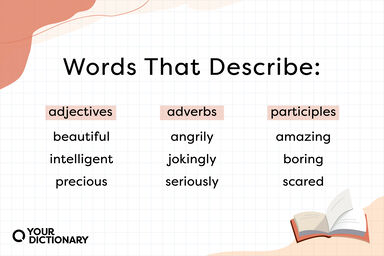Faint Definition
(intransitive) To lose consciousness. Caused by a lack of oxygen or nutrients to the brain, usually as a result of a suddenly reduced blood flow (may be caused by emotional trauma, loss of blood or various medical conditions).
Other Word Forms of Faint
Noun
Adjective
Origin of Faint
-
From Middle English, from Old French feindre, faindre (“to feign, to sham, to work negligently”), from Latin fingere (“to touch, handle, usually form, shape, frame, form in thought, imagine, conceive, contrive, devise, feign”).
From Wiktionary
-
Middle English deceitful, cowardly from Old French past participle of feindre to feign feign
From American Heritage Dictionary of the English Language, 5th Edition
Faint Is Also Mentioned In
Find Similar Words
Find similar words to faint using the buttons below.





